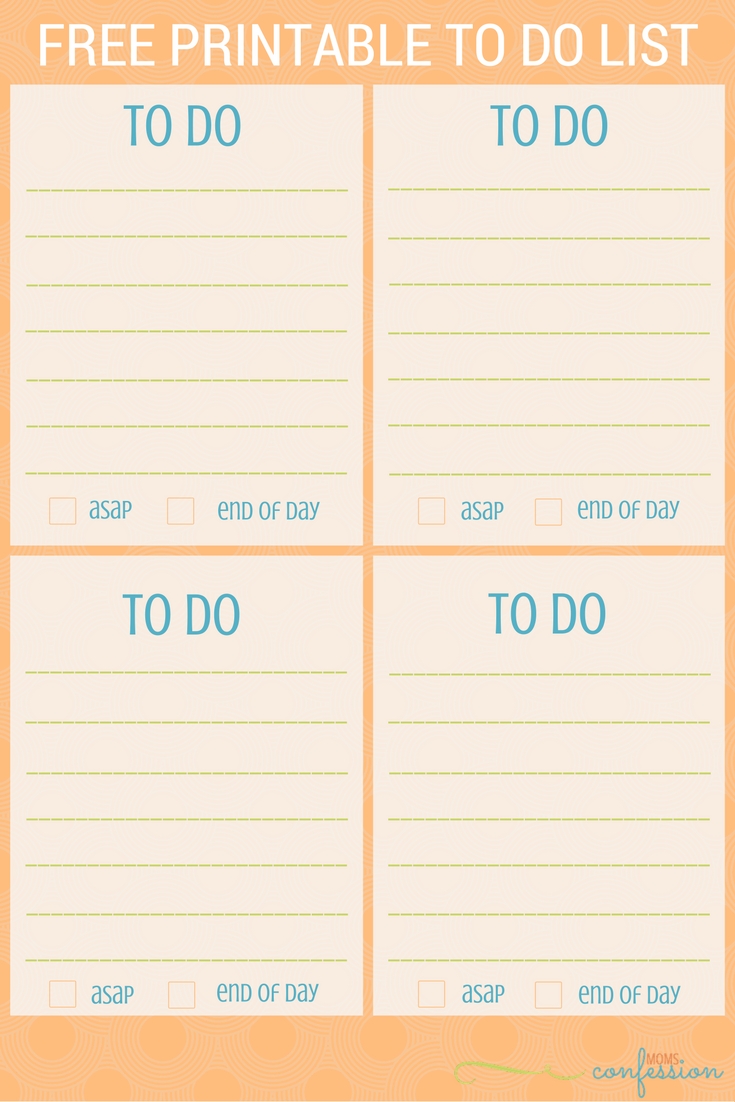Back to School Tips for All Ages
The barrage of back-to-school commercials begins now, pushing everything from notebooks to computers, eyeglasses, furniture, and appliances. It’s borderline crazy! Whether your child is starting pre-school or going back to college, here are some end-of-summer back to school tips for all ages to make the back-to-school season a breeze.
Back to School Tips for All Ages
Start practicing your school routine now.
Begin to transition from the lazy days of summer by setting alarms (and bedtimes!) earlier and following your normal school-year routine. Have kids make (or help make) breakfast and/or pack lunches just like they would during the school year. It’s also a good time to let older kids practice driving to the high school parking lot on their own. Your teen may think you are crazy or get upset that you are making them begin doing this now, but they will thank you later.
Communicate clearly with teachers.
Tell your child’s teachers and counselors about any learning difficulties, behavioral issues, or other concerns ahead of time. Whether your preschooler gets anxious around strangers or your middle-schooler has a learning disability, communicating with his/her teachers early on will help the school year transition into a successful one.
Set expectations for summer “study time.”
When kids know ahead of time that you expect them to do a little schoolwork every day, you will have fewer fights about it. Let them help establish goals for learning and schedule study time into each day. Younger students may read, do workbook pages or educational crafts. Older students could spend a minimum of an hour a day researching a topic of interest, reading, working SAT sample questions, and so on. Find a way to make learning fun for them and the “study time” will be something they look forward to each day!
Identify academic weaknesses and potential resources.
Don’t wait for the first progress report to begin taking action. Sometimes it is enough to recognize that your child will need to spend a little extra time learning his multiplication facts or completing her algebra homework. Other times, the weakness may be serious enough to require additional help outside of school or the home. Look for study tools, peer tutors, tutorial time from teachers, counseling resources, and outside assistance if necessary. Not only will you be helping your child, but you will also be helping the school be successful for everyone.
Insist students participate in activities.
Activities allow kids to develop leadership, teamwork, and talents. School clubs, sports, scouts, church, music lessons, UIL academics, community service, theater, and recreational activities help develop interests. Active students have an advantage later when it comes to college admissions since schools want students who have taken the time to give back and cultivate their talents.
Allow time to adjust.
As parents, we expect kindergarteners and first-year college students to experience some difficulty adjusting to their new environments. But even students returning to the same school may need time and support to adapt to new classrooms, teachers, friends, routines, and expectations. Be aware that all students react to change differently and be there to help them make the transition easier.








